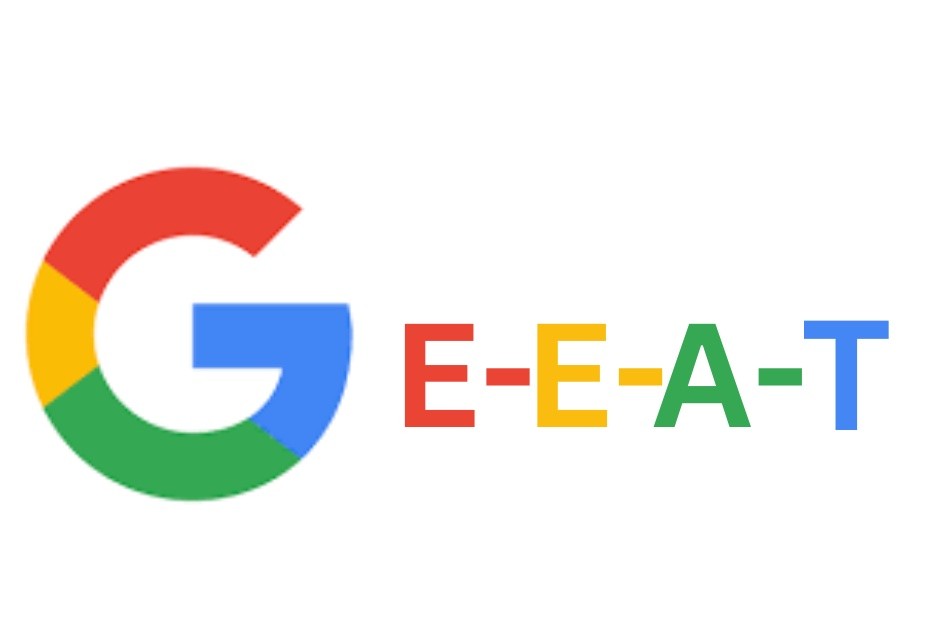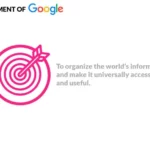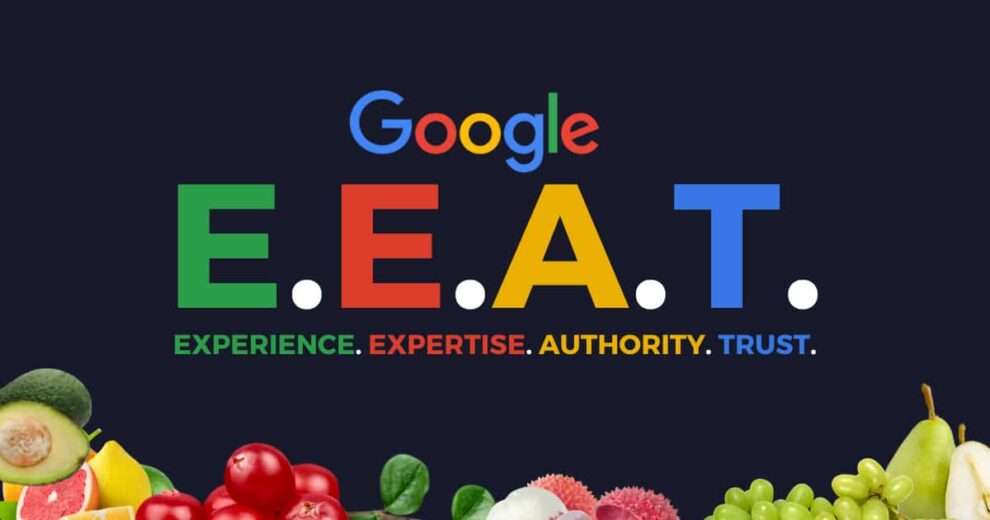Search engine optimization (SEO) remains a cornerstone for businesses aiming to connect with their audience. Among the myriad factors influencing search rankings, few hold as much weight as Google’s E-E-A-T framework. Short for Expertise, Authoritativeness, and Trustworthiness , this concept serves as a guiding principle for content creators, publishers, and marketers seeking to establish credibility and resonate with users. Understanding and optimizing for E-E-A-T isn’t just about improving search visibility—it’s about building lasting relationships with your audience.
What Is E-E-A-T?
E-E-A-T is not a rigid set of rules but rather a holistic approach to evaluating the quality of content and the reputation of its creators. At its core, E-E-A-T reflects Google’s commitment to delivering reliable, authoritative, and trustworthy information to users. While these principles apply across all types of content, they carry particular significance for websites that handle sensitive topics such as health, finance, or law, where misinformation can have serious consequences.
Expertise refers to the knowledge and skill possessed by the author or creator of the content. For instance, a medical blog written by a certified physician carries more expertise than one penned by an amateur blogger without formal training. Similarly, a financial advisor discussing investment strategies naturally commands more authority than someone speculating based on hearsay.
Authoritativeness , on the other hand, speaks to the perception of credibility within a given field. A website endorsed by industry leaders, cited in reputable publications, or linked to by other authoritative sources gains additional authority. Think of it as the public acknowledgment of someone’s expertise—the seal of approval that confirms they know what they’re talking about.
Finally, Trustworthiness encompasses the overall reliability and honesty of the content and its creators. Factors such as transparency, consistency, and ethical behavior contribute to trustworthiness. If users feel confident that a site provides accurate, unbiased information, they are more likely to engage with it repeatedly.

Why Does E-E-A-T Matter?
Google’s mission has always been to deliver the most relevant and useful results to its users. In an era where misinformation spreads rapidly across social media and other platforms, ensuring that high-quality content reaches audiences becomes paramount. E-E-A-T guidelines help distinguish credible sources from unreliable ones, helping users make informed decisions while simultaneously rewarding legitimate publishers.
For businesses, optimizing for E-E-A-T translates into improved search rankings, increased traffic, and enhanced brand reputation. Conversely, neglecting these principles can lead to penalties, diminished visibility, and loss of consumer confidence. Given the stakes involved, mastering E-E-A-T is no longer optional—it’s essential.
Strategies for Building Expertise
Building expertise begins with establishing yourself as a knowledgeable source in your niche. Here are some actionable steps to achieve this:
- Demonstrate Qualifications : Clearly highlight your credentials, certifications, and achievements. For example, if you’re a lawyer specializing in intellectual property, mention your bar admission, years of practice, and any notable cases you’ve handled. Platforms like LinkedIn allow professionals to showcase their qualifications prominently.
- Publish High-Quality Content : Consistently producing well-researched, insightful content positions you as a thought leader. Whether it’s blog posts, white papers, podcasts, or videos, ensure that your output aligns with your expertise. Tools like Grammarly or Hemingway Editor can help polish your writing and maintain professionalism.
- Engage with Your Audience : Actively participate in forums, comment sections, and social media discussions related to your field. Responding to questions, offering advice, and sharing valuable insights reinforces your role as an expert. Remember, engagement fosters familiarity and trust.
- Collaborate with Peers : Networking with other experts amplifies your visibility and bolsters your reputation. Co-authoring articles, guest blogging, or participating in panel discussions positions you alongside established authorities in your domain.
Establishing Authority
Once you’ve established expertise, the next step is to build authority. Authority is built not only through individual actions but also through external validation. Here’s how you can enhance your authority:
- Seek Endorsements : Positive reviews, testimonials, and endorsements from peers or clients add weight to your claims. Encourage satisfied customers to leave feedback on platforms like Yelp or Google Reviews. Additionally, feature endorsements prominently on your website or promotional materials.
- Secure Media Coverage : Being featured in respected publications, podcasts, or TV shows lends credibility to your work. Pitch stories to journalists, participate in interviews, or submit op-eds to reputable outlets. Each appearance strengthens your association with authority figures in your industry.
- Participate in Conferences and Events : Speaking at conferences, webinars, or workshops establishes you as a go-to person in your field. Not only do such events provide networking opportunities, but they also allow you to share your expertise with a broader audience.
- Create a Portfolio : Showcase your past work through case studies, portfolios, or project highlights. Potential clients and collaborators will appreciate tangible evidence of your accomplishments. Ensure that your portfolio is easily accessible and regularly updated.
Cultivating Trustworthiness
Trustworthiness forms the bedrock of any successful online presence. To cultivate trust, consider the following strategies:
- Be Transparent : Disclose affiliations, potential conflicts of interest, and limitations of your expertise. Transparency builds rapport and reduces skepticism. For example, if you’re promoting a product, clearly state whether you’ve been compensated or have a vested interest in its success.
- Maintain Consistency : Regularly update your content, respond promptly to inquiries, and adhere to ethical practices. Inconsistencies undermine trust and erode credibility. Establish clear guidelines for how often you’ll post new content and stick to them.
- Protect User Data : With increasing concerns over privacy, safeguarding user data becomes critical. Implement robust security measures, comply with regulations like GDPR, and communicate openly about how you collect and use personal information.
- Offer Value Over Time : Trust grows gradually as users observe consistent quality and reliability. Avoid sensationalism or misleading claims, focusing instead on providing genuine value. Long-term relationships require patience and dedication.
Addressing Common Misconceptions About E-E-A-T
While E-E-A-T offers invaluable guidance, misconceptions often arise regarding its implementation. Some mistakenly believe that having a single authoritative figure guarantees success, while others assume that high-authority domains automatically rank higher. Both assumptions overlook the nuanced interplay between various factors.
For instance, while having a renowned author may boost a piece of content, it doesn’t replace the need for thorough research and accurate information. Similarly, acquiring backlinks from high-authority sites matters, but only if those links come naturally from relevant, trustworthy sources. Quantity without quality diminishes returns.
Moreover, E-E-A-T applies differently depending on the nature of the content. A blog post about baking recipes requires less stringent adherence to E-E-A-T principles compared to a medical article discussing treatment options. Tailoring your approach to match the sensitivity and complexity of your topic ensures optimal results.
Measuring Success Beyond Rankings
Optimizing for E-E-A-T isn’t solely about achieving top search rankings; it’s about creating sustainable growth and fostering long-term relationships. Metrics such as engagement rates, bounce rates, conversion rates, and repeat visitors provide a more comprehensive picture of your success. Tools like Google Analytics and Hotjar enable tracking these indicators, helping you refine your strategy continually.
Feedback loops play a crucial role here. Soliciting input from users through surveys, polls, or direct communication allows you to identify areas for improvement. Iterative refinement based on real-world insights ensures that your efforts align with user expectations.
Google’s E-E-A-T guidelines represent a paradigm shift in how we think about content creation and digital marketing. Rather than chasing fleeting trends or superficial tactics, focusing on expertise, authority, and trustworthiness lays a solid foundation for enduring success. By demonstrating competence, earning recognition, and fostering reliability, you position yourself as a trusted resource in the eyes of both users and search engines.
Remember, E-E-A-T is not a checklist but a philosophy. Embrace it wholeheartedly, and watch as your efforts translate into meaningful connections, sustained growth, and lasting impact. After all, in an age dominated by noise and uncertainty, being an expert worth trusting is the ultimate competitive advantage.














Add Comment